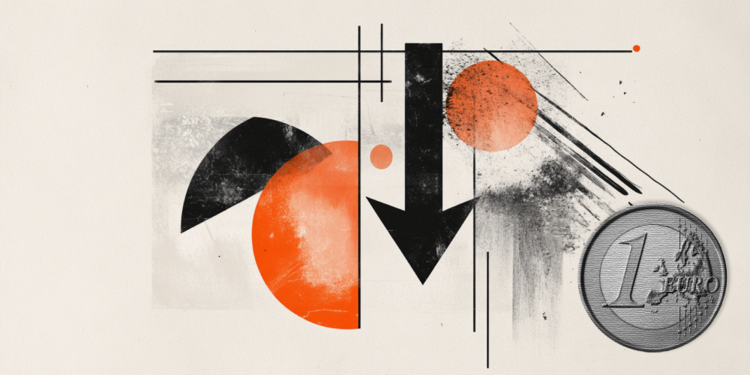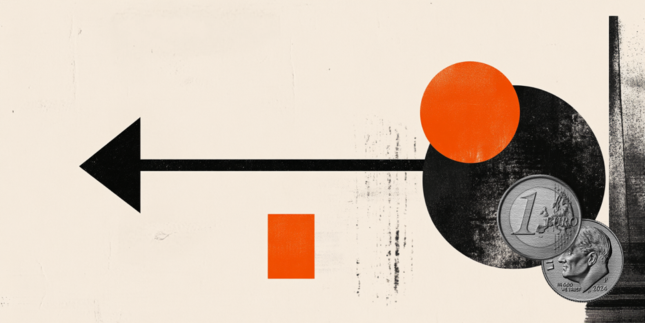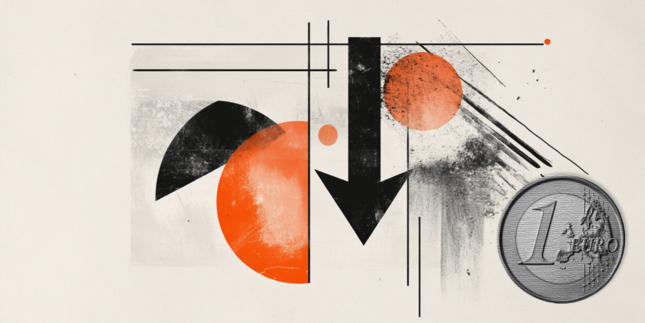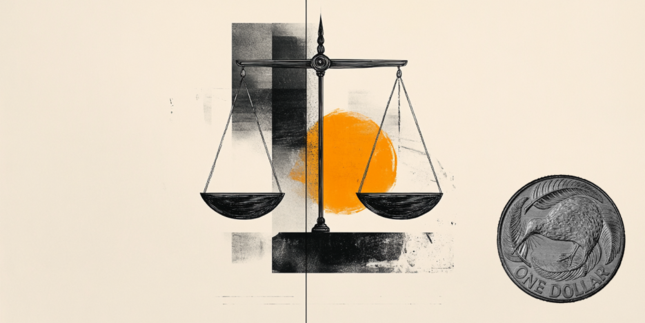-
Opps!
This language contents are not available!

EUR/JPY loses momentum to near 156.50 on BoJ rate hike bets
- EUR/JPY softens to near 156.65 in Tuesday’s early European session.
- Rising bets on the BoJ rate hike support the JPY.
- Investors will closely monitor how soon the conservative Christian Democrats could form a coalition government.
The EUR/JPY cross loses ground to around 156.65 during the early European session on Tuesday. The rising speculation that the Bank of Japan (BoJ) will hike interest rates further supports the Japanese Yen (JPY). Later on Tuesday, the German Gross Domestic Product (GDP) for the fourth quarter (Q4) will be released.
Japan's Services Producer Pricing Index (PPI) released earlier on Tuesday, supports the case of BoJ rate hike. This comes on top of Japan's robust consumer inflation numbers, reaffirming the prospect that the BoJ would raise interest rates further, which continues to support the JPY.
On the Euro front, the conservative alliance made up of the Christian Democratic Union (CDU) and its allies the Christian Social Union (CSU) is set to lead Germany again following the federal election on Sunday. Investors will closely monitor how soon the conservative Christian Democrats could form a coalition government to offer much-needed reform to a struggling economy.
Meanwhile, the dovish stance of the European Central Bank (ECB) could drag the Euro (EUR) lower. The ECB policymaker Francois Villeroy de Galhau suggested the ECB could lower its deposit rate to 2% by summer, per Reuters.
Japanese Yen FAQs
The Japanese Yen (JPY) is one of the world’s most traded currencies. Its value is broadly determined by the performance of the Japanese economy, but more specifically by the Bank of Japan’s policy, the differential between Japanese and US bond yields, or risk sentiment among traders, among other factors.
One of the Bank of Japan’s mandates is currency control, so its moves are key for the Yen. The BoJ has directly intervened in currency markets sometimes, generally to lower the value of the Yen, although it refrains from doing it often due to political concerns of its main trading partners. The BoJ ultra-loose monetary policy between 2013 and 2024 caused the Yen to depreciate against its main currency peers due to an increasing policy divergence between the Bank of Japan and other main central banks. More recently, the gradually unwinding of this ultra-loose policy has given some support to the Yen.
Over the last decade, the BoJ’s stance of sticking to ultra-loose monetary policy has led to a widening policy divergence with other central banks, particularly with the US Federal Reserve. This supported a widening of the differential between the 10-year US and Japanese bonds, which favored the US Dollar against the Japanese Yen. The BoJ decision in 2024 to gradually abandon the ultra-loose policy, coupled with interest-rate cuts in other major central banks, is narrowing this differential.
The Japanese Yen is often seen as a safe-haven investment. This means that in times of market stress, investors are more likely to put their money in the Japanese currency due to its supposed reliability and stability. Turbulent times are likely to strengthen the Yen’s value against other currencies seen as more risky to invest in.
Forex News
Keep up with the financial markets, know what's happening and what is affecting the markets with our latest market updates. Analyze market movers, trends and build your trading strategies accordingly.






















